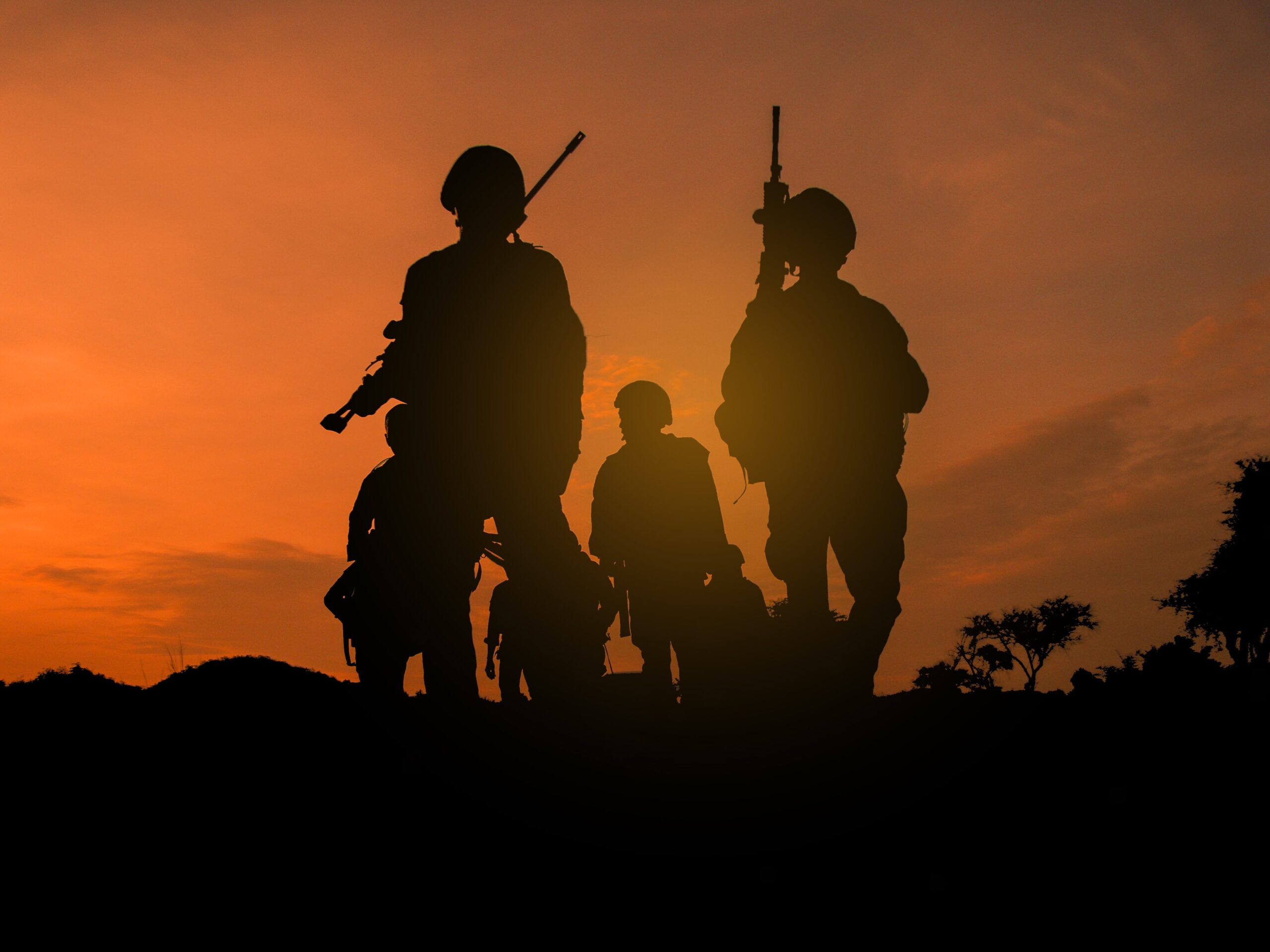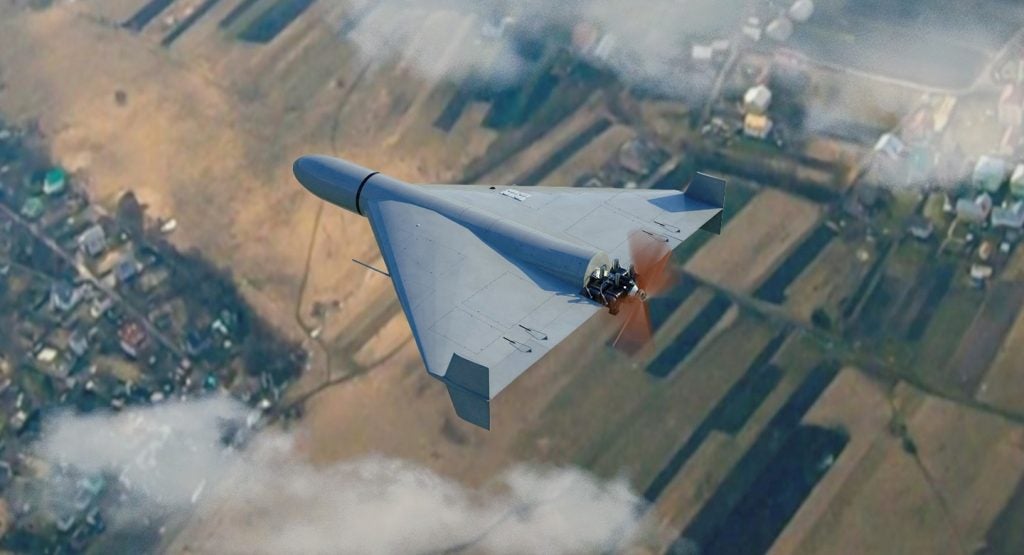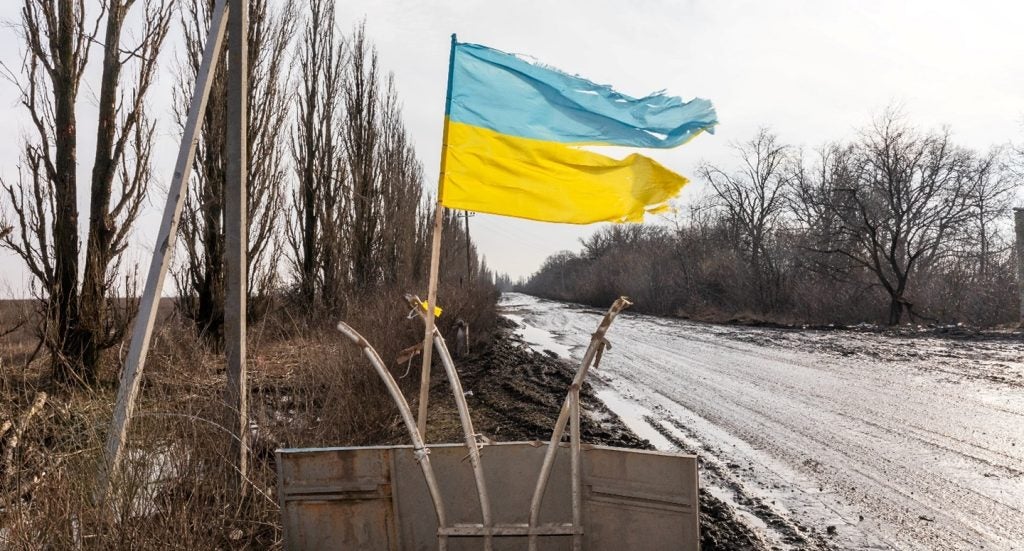The outbreak of COVID-19 in South Korea has induced economic downturn according to a statement on the current economic situation released by the Ministry of Economy and Finance in April. Industrial production fell by 3.5% since February as did domestic consumption, falling 6.4% in the first quarter of 2020. The pandemic has placed pressure on the South Korean economy as GDP contracted by 1.4% so far. In April, the government has issued two new supplementary budgets with a third in progress, as emergency relief for COVID-19 and to subsidize businesses.
Generating additional funds to keep the economy afloat COVID-19 will be difficult due to the global GDP contraction. To fund emergency relief payments, the government has decided to revise the 2020 defense budget for the second round of the 2020 Supplementary Budget Proposal, announced by the Ministry of Economy and Finance. Approximately KRW 904.7 billion (US$733 million) will be slashed, of which KRW 192.7 billion will be taken from operations and KRW 712 billion from arms procurement expenditure. The revision of the defense budget shows a 1.8% decrease from the initial KRW 50.15 trillion budget to KRW 49.25 trillion (US$40.34 billion), raising concerns about neglecting defense priorities.
How well do you really know your competitors?
Access the most comprehensive Company Profiles on the market, powered by GlobalData. Save hours of research. Gain competitive edge.

Thank you!
Your download email will arrive shortly
Not ready to buy yet? Download a free sample
We are confident about the unique quality of our Company Profiles. However, we want you to make the most beneficial decision for your business, so we offer a free sample that you can download by submitting the below form
By GlobalDataThe Ministry of Defense remains formally committed to the Defense Reform 2.0 initiative to innovate the military by incorporating advanced technologies. The government aims at boosting artificial intelligence capabilities across military services to reduce over-reliance on the United States. For example, the development of AI-powered unmanned underwater vehicles could reform the threat assessment stage and enhance the entire operational structures of the Navy into an agile, adaptable and streamlined force against the ever-present security threat of North Korea. Contract schedules for new businesses are set to be delayed but delivery and deployment of key platforms such as the F-35A fighter aircrafts and KDX-III class destroyers are expected to be on schedule. Any long-term effects on defense expenditure will depend on the amount of time needed to mitigate the COVID-19 outbreak.
The South Korean Defense Acquisition Program Administration (DAPA) will be enforcing policies to support the local defense industry. CEOs from 15 defense companies including Hanwha, Hyundai Heavy Industries, Korea Aerospace Industries, LIG Nex1 and Yonhap Precision were invited to discuss COVID-19 counter-measures with the Ministry of National Defense and the Defense Agency on 9th April. One new measure is the formation of an inter-organizational committee to adjust contracts for companies experiencing delayed deliveries, to ensure job retention. DAPA will also be launching a KRW30 billion import substitution project for 11 development projects over the next five years, including the Korean Fighter Experimental aircraft and the Light Armed Helicopter programmes. The support project is a multi-pronged strategy that supports local defense companies and fills supply-chain gaps. The project’s strategic direction advances the localization of spare parts in both mass production and development phases, increasing local industry involvement in the supply chain. South Korea’s COVID-19 strategy aims preserving the defense industry and maintaining the procurement schedule of essential military platforms.











Related Company Profiles
Korea Shipbuilding & Offshore Engineering Co Ltd
Korea Aerospace Industries Ltd
Ministry of Economy And Finance
LIG Nex1 Co Ltd
Hanwha Corp